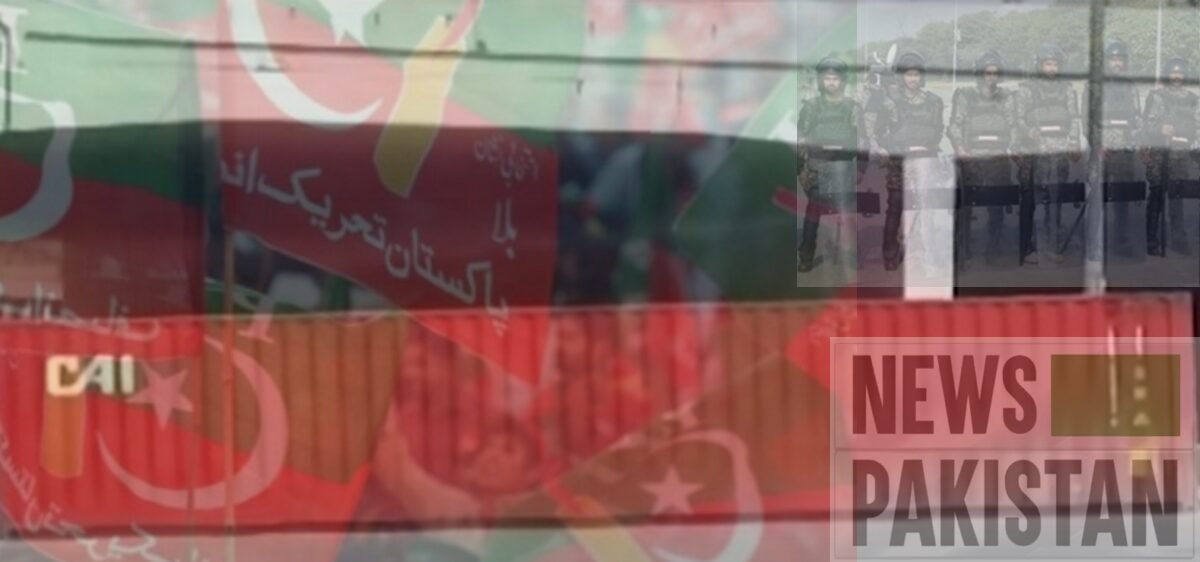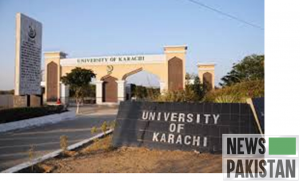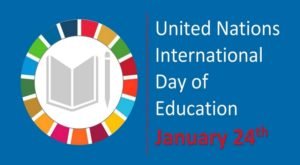KARACHI: The Institute of Business Administration (IBA), Karachi signed an MOU with Generating Employment Alternatives for Self-Reliance (G.E.A.R.) to sponsor up to 5 students for the duration of their studies.
The objective of the scholarship is to cultivate and foster the education of promising young leaders attending the institute. The eligibility of the scholarship is based on academic excellence and financial need.
The IBA, Karachi was represented by Dr. Farrukh Iqbal, Executive Director, and Mrs. Malahat Awan, Head of Corporate Relations and Communications, while G.E.A.R. was represented by Mr. Ekhlaque Ahmed, CEO and Board of Trustees, Mr. Javed Batla and Mr. Farooq Hyder Shaikh.
G.E.A.R. has been operational since 2010 with the core purpose to help the deprived section of the society stand on its own feet through self-employment. In the past 9 years, they have helped 2223 families.
 The IBA Resource Mobilization department is striving to create new avenues for helping the financially constrained students at the IBA. Every year 4000 students get enrolled in the IBA in undergraduate, graduate and postgraduate programs.
The IBA Resource Mobilization department is striving to create new avenues for helping the financially constrained students at the IBA. Every year 4000 students get enrolled in the IBA in undergraduate, graduate and postgraduate programs.
More than one fourth of the student population is provided with some form of financial assistance from the institute with generous contribution from philanthropists, corporate entities and governmental bodies.
A relevant piece published earlier:
SBP Governor speaks about Pakistan Economy at IBA
KARACHI: The Institute of Business Administration (IBA), Karachi has organized a distinguished lecture on Pakistan’s Economy: Macroeconomic Challenges and Outlook, by Governor State Bank of Pakistan, Dr. Reza Baqir here at the main campus.
The session was moderated by Executive Director IBA Karachi Dr. Farrukh Iqbal, who introduced Dr. Baqir to the audience. Attendees included members from the academia, corporate sector, media, the IBA faculty, students and alumni.
Dr. Baqir divided his lecture in three parts: causes of the current macroeconomic challenges faced by the economy, actions taken by the economic team to address those challenges and the results to date, and the outlook of the economy. He described two main causes of the current macroeconomic challenges.
First was the growing current account deficit during 2015 – 2018 which in the context of an overvalued and relatively fixed exchange rate led to a pronounced depletion of the country’s reserves. The second key cause was rising fiscal deficits and public debt which had put in doubt the country’s credit worthiness.
To address these economic challenges, Dr. Baqir described three sets of actions that had been undertaken in the following areas: external, fiscal, and monetary. First, a series of exchange rate adjustments since late 2017 had helped reduce the exchange rate overvaluation. These culminated in a change in the exchange rate system in May 2019 to a market-based system so the economic authorities would no longer have to fix the value of the currency.
He clarified that a market based exchange rate system was not a free float and allowed for the SBP to intervene to address disorderly market conditions. He noted that these actions had led to a pronounced improvement in the current account which had halved from its historic high of $2 billion monthly deficit.
SBP Governor also noted that behind the improvement in the current account deficit was a reduction in imports and improvement in export volumes even though export values had grown less due to a fall in international unit prices. “Ultimately what matters for employment and production is export volumes” said Governor SBP, emphasizing the importance of exports for the economy.
Dr. Baqir also briefly touched upon the actions taken by the government to address the fiscal deficit related challenges. Finally, Dr. Baqir noted that having to address the external and fiscal imbalances of the past meant that inflation had risen in part due to increases in the exchange rate, taxes and utility prices. This had necessitated a tightening of monetary policy which would help to bring inflation down.
Commenting on the outlook, and in particular what would make this program different from earlier IMF programs, Dr. Baqir noted that the leading predictor of recourse to the IMF had been falling and low level of reserves. If Pakistan is able to build institutions that entrench reserve build-up and preserve them during times of capital outflows, it would allow Pakistan to self-insure against economic shocks and not have to seek assistance from the international financial community.
He noted that two institutional reforms in the current program would help in this regard: the change to a market-based exchange rate system and zero borrowing of government from the State Bank which would help engender fiscal discipline. He ended his talk by emphasizing that from a longer term perspective, Pakistan’s key challenge was to raise its saving and investment rates.
Following the lecture, Dr. Iqbal engaged with Dr. Baqir to delve into the macroeconomic trials and tribulations that Pakistan is currently facing and the solutions for overcoming them. A Q&A session between Dr. Baqir and the audience ensued. The event concluded with a note of thanks by Dr. Iqbal. A memento was also presented to Dr. Baqir.
 KARACHI: Dr. Reza Baqir has previously worked at the International Monetary Fund (IMF) and the World Bank for twenty years. He holds an A.B. (Manga Cum Laude) in Economics from Harvard University and a PhD. in Economics from the University of California at Berkeley. His research is published in several esteemed journals of the economic profession, including the ‘Journal of Political Economy’ and the ‘Quarterly Journal of Economics’.
KARACHI: Dr. Reza Baqir has previously worked at the International Monetary Fund (IMF) and the World Bank for twenty years. He holds an A.B. (Manga Cum Laude) in Economics from Harvard University and a PhD. in Economics from the University of California at Berkeley. His research is published in several esteemed journals of the economic profession, including the ‘Journal of Political Economy’ and the ‘Quarterly Journal of Economics’.
___________________________________________________________
News Pakistan











